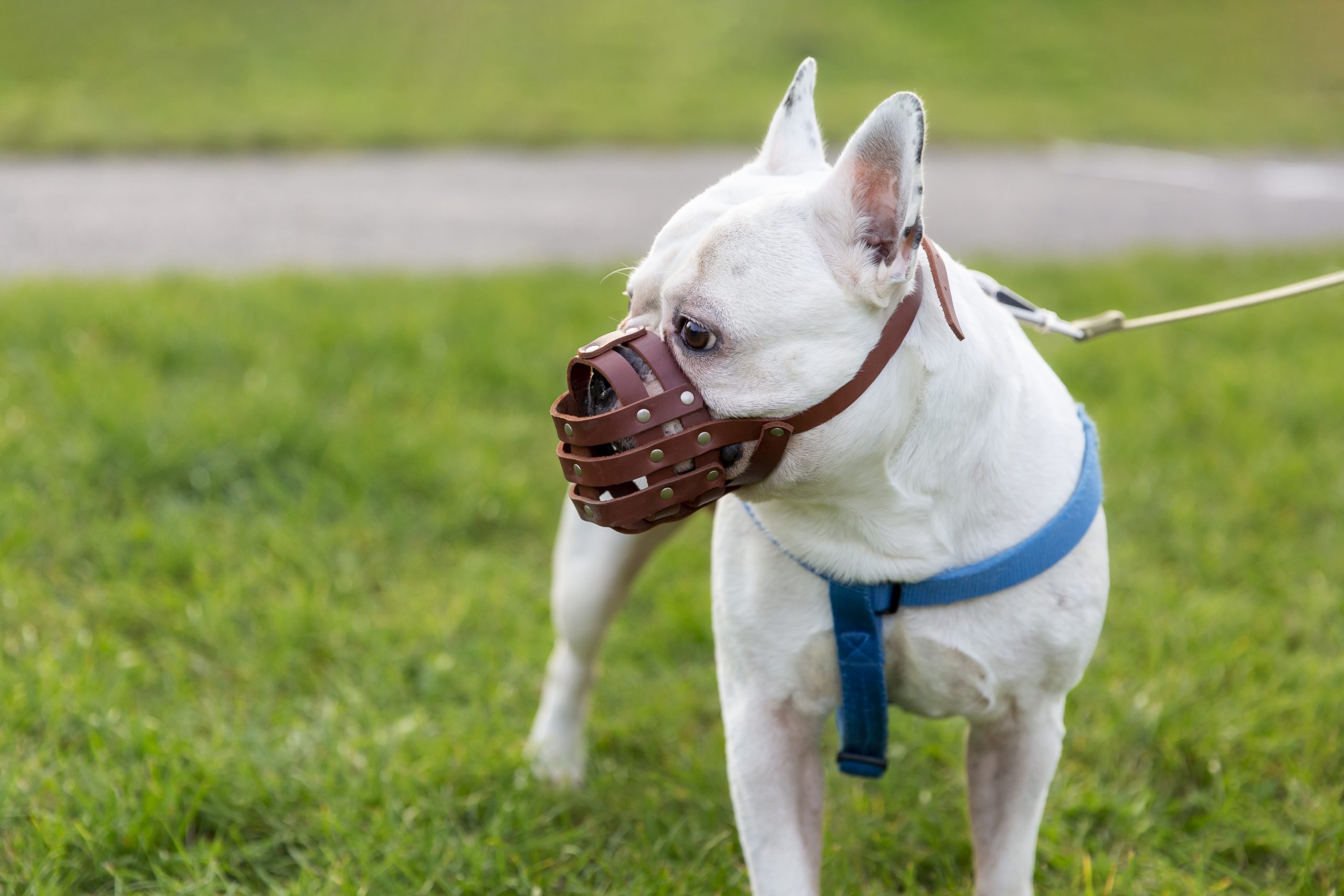
Things to consider when preparing your reactive dog for a visit to the vet
Taking a fearful or reactive dog to the vet can be stressful and challenging for all concerned. However, it can be made easier with careful planning and a lot of patience. If your dog is reactive or is fearful of vet visits, counter-conditioning can be an effective way to help them feel more comfortable and reduce their anxiety. Counter conditioning involves gradually exposing your dog to the thing they fear (in this case, the vet practice) while pairing it with positive experiences, such as treats, toys, and praise.
Here are some things you can consider doing before taking your dog to the vet.
Prepare your dog
Before going to the vet, ensure that your dog has had enough exercise and has had a chance to relieve itself. Calming exercises, such as deep breathing or massage, can help your dog relax. Prepare by getting your dog used to being handled in the days leading up to the visit. If your dog is reactive to being touched or handled, you have to desensitise them to these in an atmosphere they are used to. You can touch your dog gently on the head, and handle the ears, paws and tails while rewarding the dog with treats for letting you do so. Hopefully, this will make them more comfortable when the vet does it.
Let the vet know ahead of time
Inform the vet that your dog is reactive and ask if there are any procedures to help manage reactive dogs. Ideally, they would have a quiet waiting area you can use to ensure triggers like other dogs or people do not stress your dog. You can also ask to be seen at a quieter time of the day.
Try to get your dog to follow commands
Teaching your dog some of the basic commands, such as “sit,” “stay,” and “come,” can help you manage your dog’s behaviour more easily during the vet visit. Practice these commands in different environments and with distractions to improve your dog’s obedience under stress.
Consider visiting the vet beforehand
A reactive dog can be upset by new experiences. If you can, try taking your dog to the vet’s for a quick visit before the actual appointment. This is to help your dog become familiar with the sights, sounds and smells of the vet, this can potentially reduce the dog’s stress and anxiety during the actual appointment. Bring treats and toys to keep them occupied and offer plenty of praise. Praise your dog when they are in the office and well-behaved and non-reactive. This will help them associate the office with positive experiences.
Use positive reinforcement
Reward your dog with treats and praise for good behaviour during the vet visit. Positive reinforcement will help your dog associate the vet visit with good experiences and could make return visits easier.
Use calming aids
Consider using calming aids such as pheromone sprays, calming collars, or supplements to help your dog relax. Talk to your vet about which options may be right for your dog.
Consider medication
Before you consider medications, discuss them with your vet in detail. Based on your dog’s needs, your vet may recommend medication to help your dog relax during the visit. This may be required especially if your dog is extremely anxious or reactive. Never give your dog any medication or use any calming aids without consultation with your vet.
Be patient and calm
It’s important that you stay calm and patient throughout the visit. Your dog will be looking to pick up cues on how to behave in unfamiliar situations from you and will pick up on your energy, so remaining calm and reassuring can help your dog feel more relaxed.
Muzzle Training
Last but never least, muzzle training is a great last resort for most dogs. When a dog is headed to the vet for something other than vaccination, chances are they are already in pain, and therefore already stressed. A stressed dog, pain and a stranger are never a good mix, so if they are already used to a muzzle, that will be one less thing to stress them out if it’s ever needed.
Of course, all of the above are things you need to plan, prep and practice for quite a while. All dogs are different; some may pick it up quickly, while others will stay fearful their entire lives. All you can do as their parent is try to make their visits as stress-free as possible.
Disclaimer: We are not vets or trainers, just passionate people that own reactive or anxious pups. The above are accounts of what we do and how they go for our canines. We hope some of them are helpful for you.



 Blog
Blog

